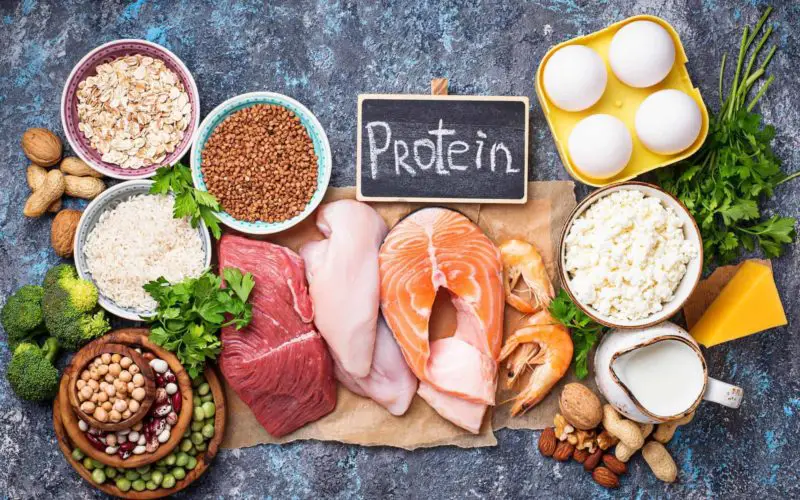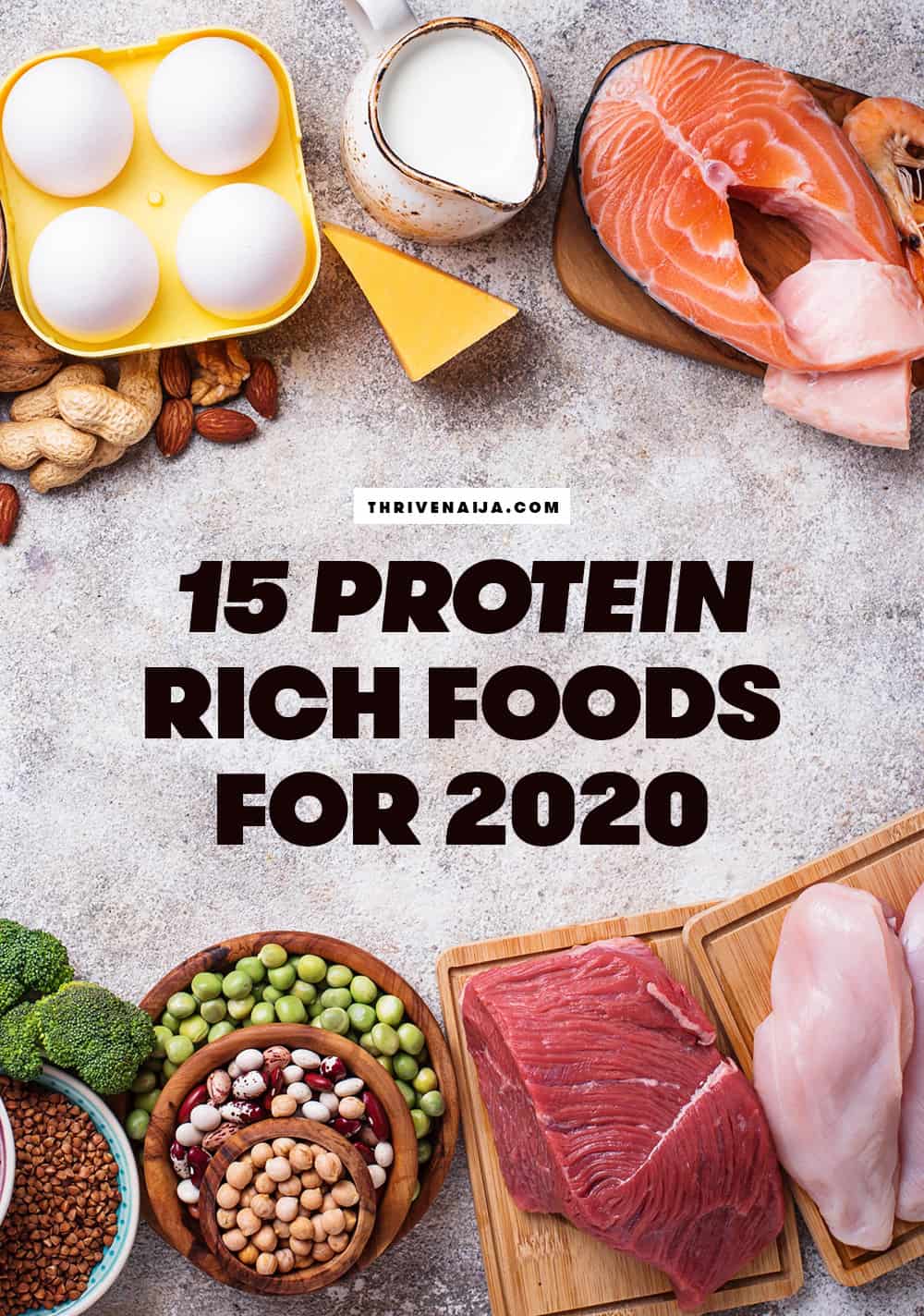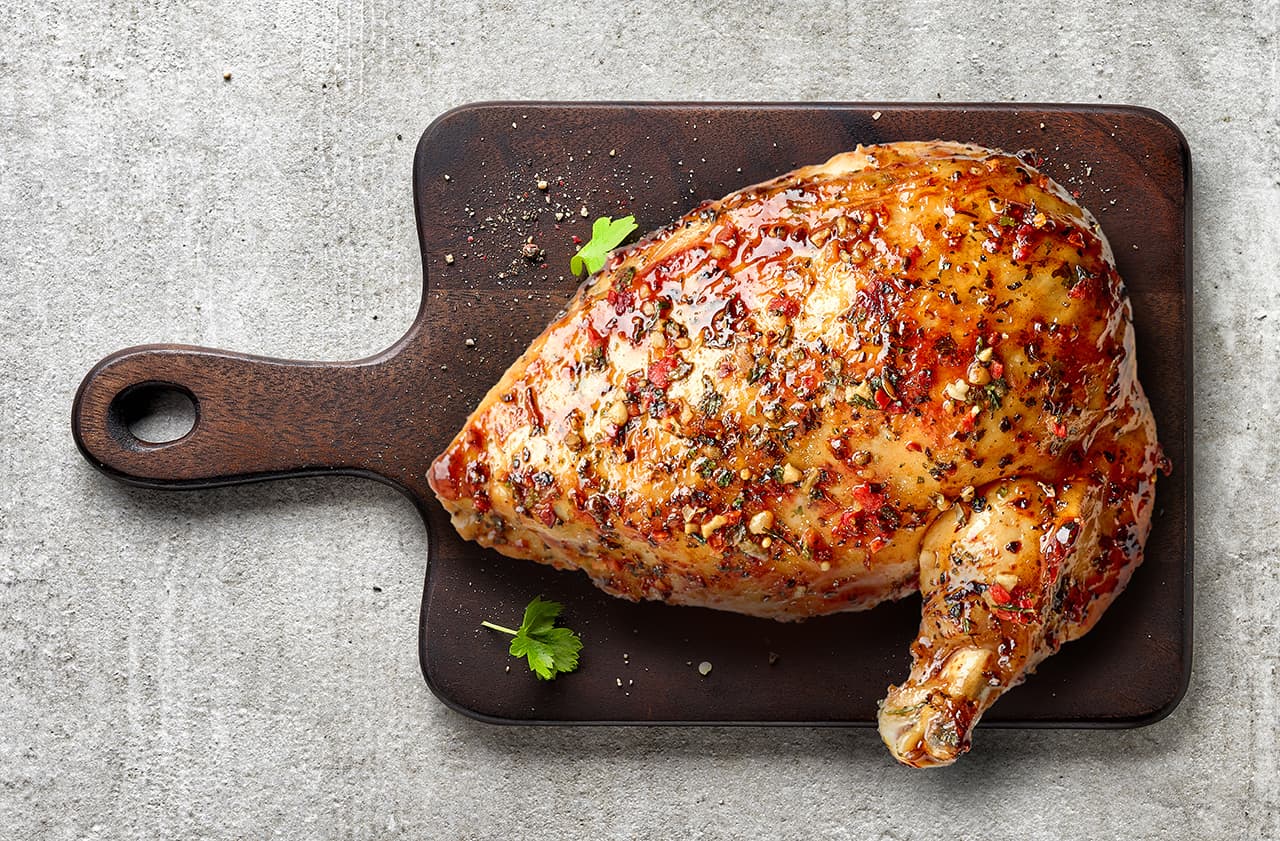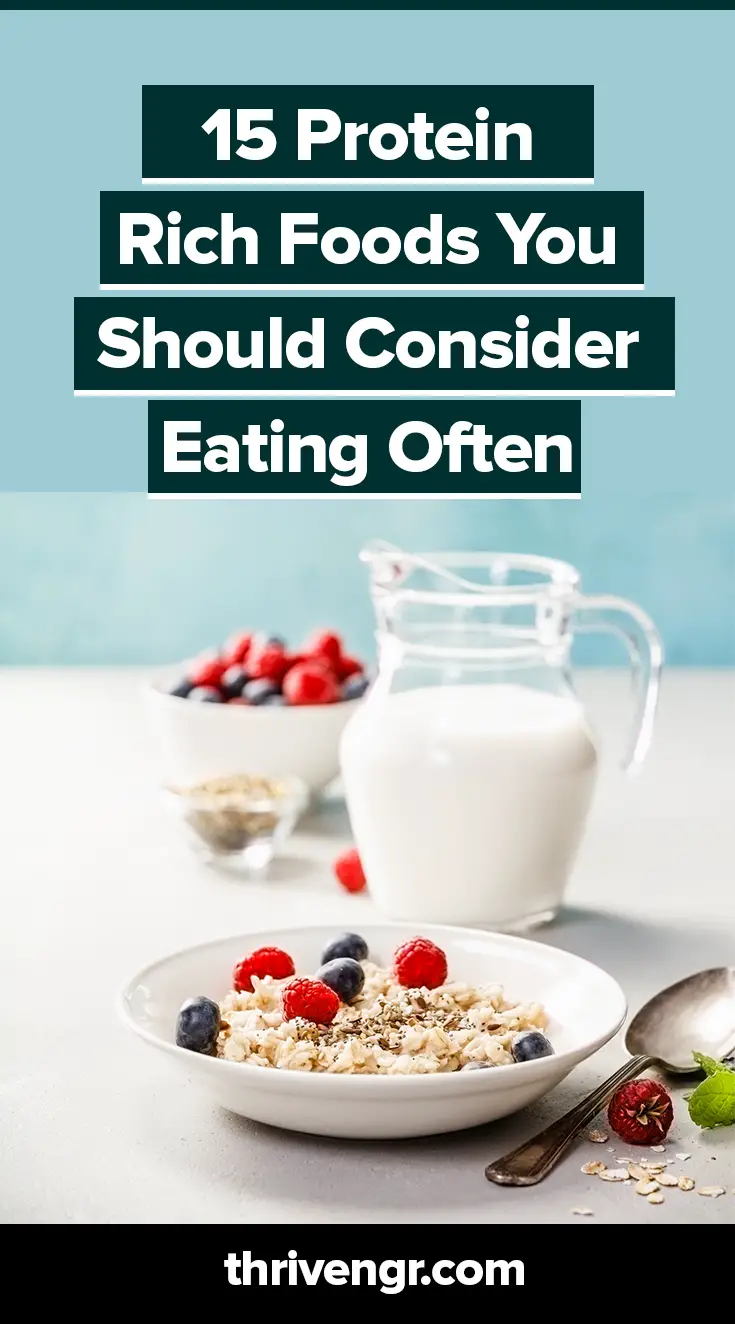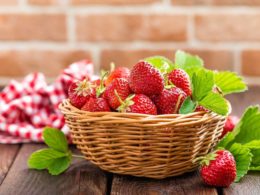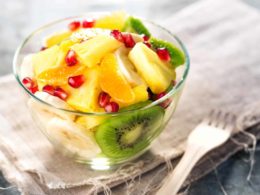Protein is a macronutrient necessary for the proper growth and function of the human body. A deficiency in protein leads to muscle atrophy and impaired functioning of the human body, in general, this is why we’ve put together this list of protein-rich foods.
Those that want to lose weight or looking to build muscle mass might benefit from increased protein intake (1, 2).
The recommended daily intake (RDI) is 46 grams for women and 56 grams for men (3).
Table of Contents
Eating plenty of protein has numerous benefits. Here is a list of 15 protein-rich foods you should consider eating more often.
How many proteins should I eat daily?
There is a general belief humans eat too much protein, how much exactly does the body need a day? The DRI (Dietary Reference Intake) is 0.8 grams of protein per kilogram of body weight or 0.36 grams per pound, this translates to 54 grams of protein for a 150-pound woman, or 65 grams for a 180-pound man (4).
How can I eat more protein?
The importance of eating protein can not be emphasized enough and you can easily increase the amount of protein you consume in a day with some of the simple methods listed below.
- Eat the protein source first before you get to the starch, eating protein first can keep your sugar and insulin level from rising too high after a meal
- Snacking on cheese can provide you with some extra protein
- Replace your cereals with eggs
- A protein shake or smoothie can make a great breakfast
- Include a high protein food in every of your meal
- Choose a leaner, slightly larger cut of meat
- Top your salads with protein foods like tuna, salmon, chicken breast or cheese
15 Protein Rich Foods You Should Consider Eating Often
Eating protein-rich foods can help you lose weight and gain muscle while also improving your body composition and metabolic health, below are 15 foods high protein foods that can help your body function more efficiently.
1. Milk
Milk is highly nutritious, but the problem is that a huge percentage of the world’s adults are intolerant (lactose intolerance) to it.
However, if you tolerate milk and enjoy drinking it, then milk can be an excellent source of high-quality protein.
Milk contains a little bit of almost every nutrient the human body needs.
It is particularly high in calcium, phosphorus, and riboflavin (vitamin B2).
Protein power: 21 of calories. 1 cup of whole milk contains 8 g of protein, with 149 calories.
2. Chicken Breast
Chicken breast is one of the most popular protein-rich foods and delivers more protein than other poultry cuts.
It is also very easy to cook and tastes delicious if you do it right. Did you know that natural meat is a great source of vital nutrients like zinc, iron, protein, and vitamin B? There are so many things we don’t know about meat and this guide by Seriously Smoked contains all sorts of interesting facts about it.
Protein power: 80% of calories. 1 roasted chicken breast without skin contains 53 g, with only 284 calories.
3. Turkey Breast
The Turkey breast is similar to the chicken breast in many ways.
It consists mostly of protein, with very little fat and calories. It also tastes delicious.
Protein power: 70% of calories. One 3 ounces (85 g) serving contains 24 g, with 146 calories.
4. Eggs
These white orbs are among the healthiest and most nutritious foods on the planet. They are loaded with vitamins, minerals, healthy fats, eye-protecting antioxidants and brain nutrients that most people don’t get enough of.
Whole eggs are protein-rich, but egg whites are almost pure.
Protein power: 35% of calories in a whole egg. 1 large egg contains 6 g of protein, with 78 calories.
5. Oats
Oats are such a versatile grain and among the healthiest grains on the planet.
They are loaded with healthy fibers, magnesium, manganese, thiamin (vitamin B1) and several other nutrients.
Protein power: 15% of calories. Half a cup of raw oats contains 13 g, with 303 calories.
6. Greek Yogurt
Greek yogurt is a very thick type of yogurt and is also called strained yogurt,
It tastes delicious, has a creamy texture, and is high in many nutrients.
Protein power: Non-fat Greek yogurt has protein at 48% of calories. One 170 g (6 ounces) container has 17 g of protein, with only 100 calories.
7. Whey Protein
Whey protein is one of the cleanest, fastest-digesting proteins on the market.
When you’re pressed for time and unable to cook, a whey protein supplement can come in handy.
Whey is a type of high-quality protein from dairy foods. It is perfect and very effective in losing fat and in building muscle mass.
Protein power: Varies between brands, can go over 90% of calories, with 24 g of protein on average per serving.
8. Peanuts
They are high in protein, fiber, folate, magnesium and many studies show that they can help you lose weight.
Peanut butter is also high in protein, just make sure not to eat too much as it is quite “more-ish.” But be careful, peanuts may cause you to have an acne breakout.
Protein power: 16% of calories. One ounce (28 g) contains 7 g, with 159 calories.
9. Lentils
Lentils are a type of legume.
They are high in fiber and other minerals like magnesium, potassium, iron, folate, copper, manganese.
Lentils are among the world’s best sources of plant-based protein and are an excellent food for vegetarians.
Protein power: 27% of calories. 1 cup (198 g) of boiled lentils contains 18 g, with 230 calories.
10. Almonds
Almonds are a popular type of tree nut due to its high nutritional content.
They are loaded with important nutrients, including fiber, vitamin E, manganese, and magnesium.
Protein power: 13% of calories. 6 g per 1 ounce serving, with 161 calories.
11. Broccoli
Broccoli is an incredibly healthy vegetable, loaded with vitamin C, vitamin K, fiber, and potassium.
It is also loaded with various bioactive nutrients believed to help protect against cancer.
Calorie for calorie, it is high in protein compared to most vegetables.
Protein power: 20% of calories. 1 cup of chopped broccoli (96 g) contains 3 grams of protein, with only 31 calories.
12. Pumpkin Seeds (Egusi)
Pumpkins contain edible seeds called pumpkin seeds.
They are incredibly high in many nutrients, including iron, magnesium, and zinc.
Protein power: 14% of calories. 1 ounce (28 g) contains 5 g of protein, with 125 calories.
13. Lean Beef
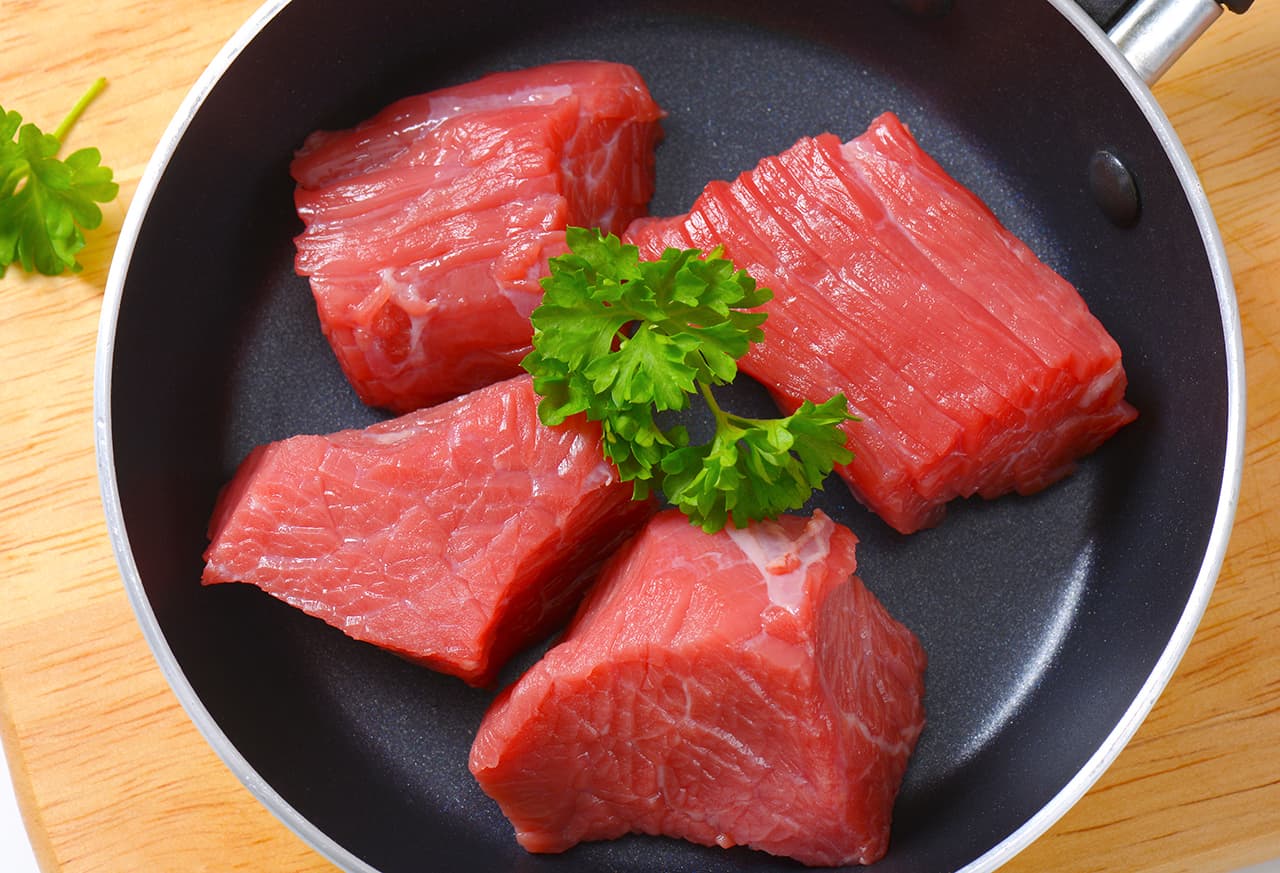
Lean beef is very high in protein and also tastes delicious.
It is loaded with highly bioavailable iron, vitamin B12, and numerous other nutrients.
Protein power: 53% of calories. One 3 ounces (85 g) serving of cooked beef with 10% fat contains 22 g of protein, with 184 calories.
14. Tuna
Tuna is a very popular type of fish.
It is low in both fat and calories, so what it is left with is mostly just protein.
Like other fish, tuna is also very high in various nutrients and contains a decent amount of omega-3 fatty acids.
Protein power: 94% of calories, in tuna canned in water. A cup (154) contains 39 g of protein, with only 179 calories.
15. Fish
Fish is incredibly healthy, for various reasons.
It is loaded with various important nutrients and tends to be very high in heart-healthy omega-3 fatty acids.
Protein power: Highly variable. Salmon is 46% protein, with 19 g per 3 ounces (85 g) serving, with 175 calories.
Final Thoughts
The importance of eating enough protein cannot be overemphasized.
There are so many surprising protein-rich foods not even listed here.
Plant-based sources are a great way to add more protein to your meat-centric meals. Dairy protein sources are a great stand-alone for snacks or quick breakfasts.






